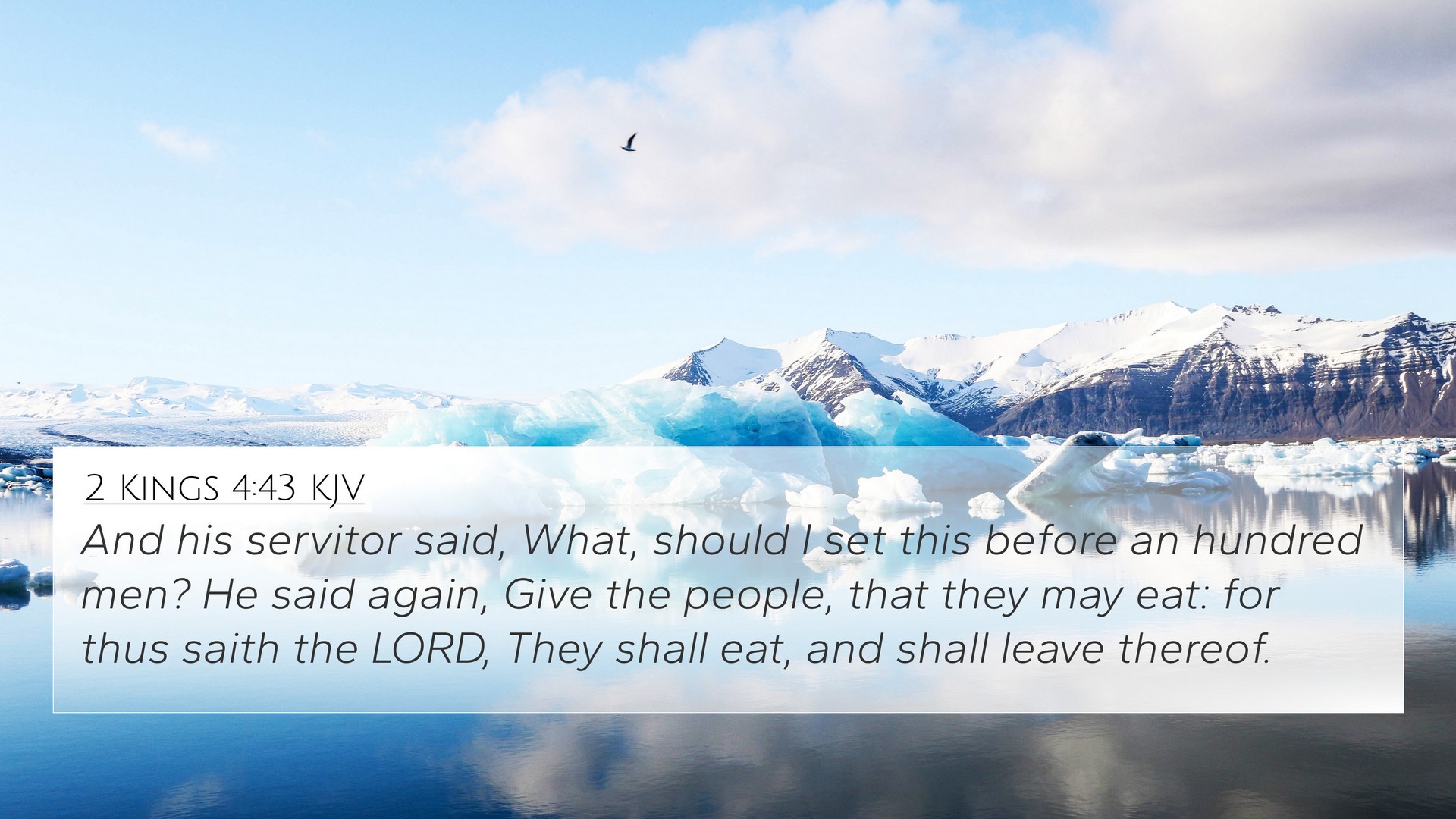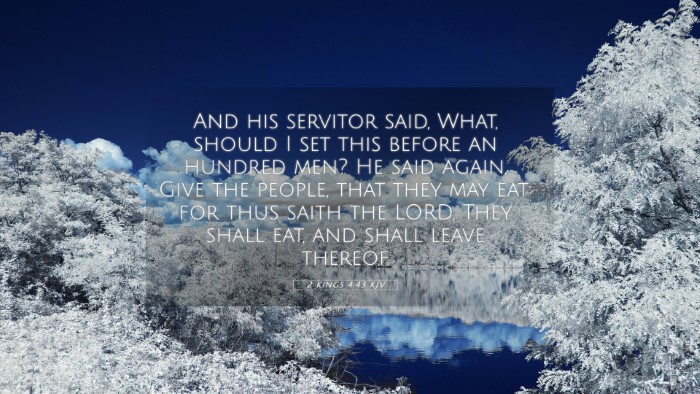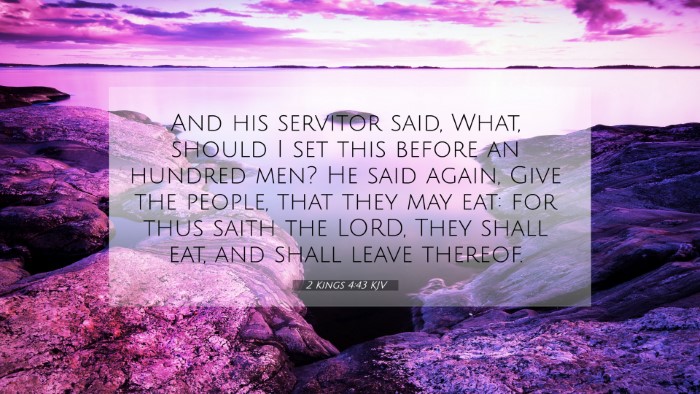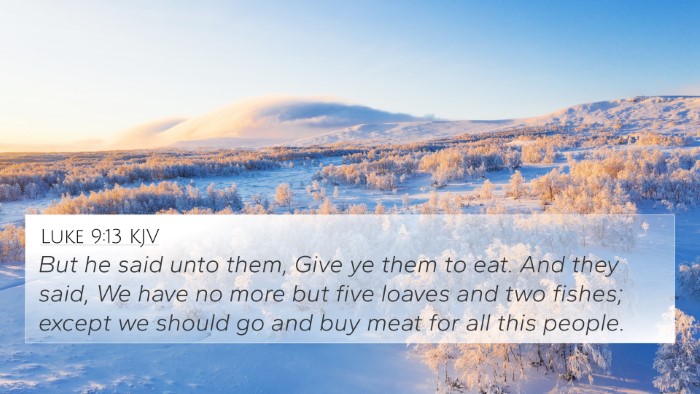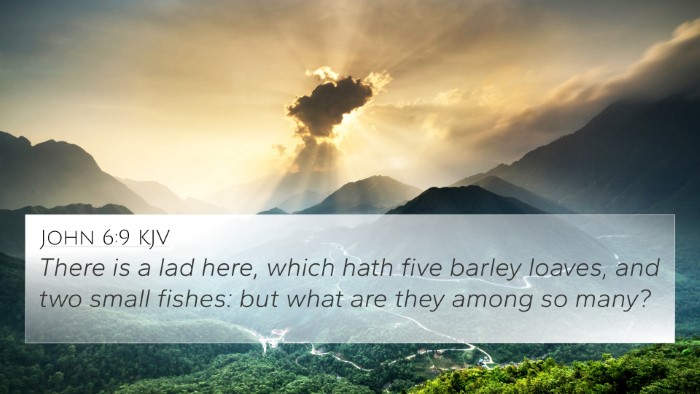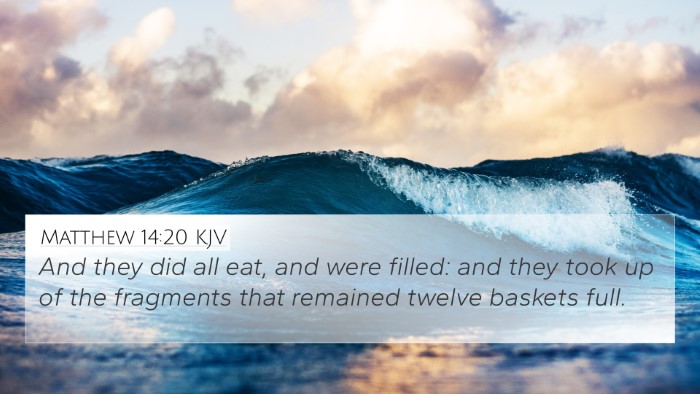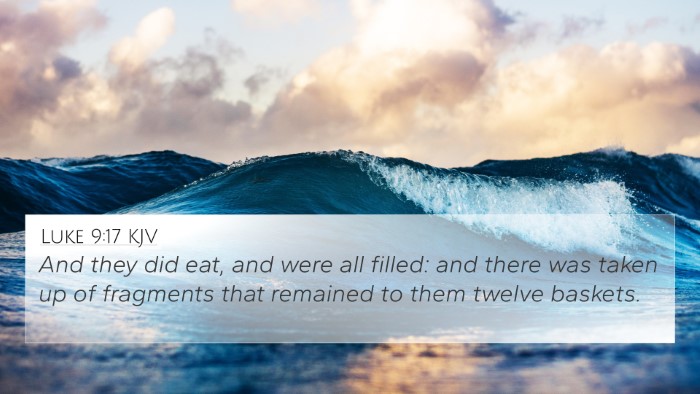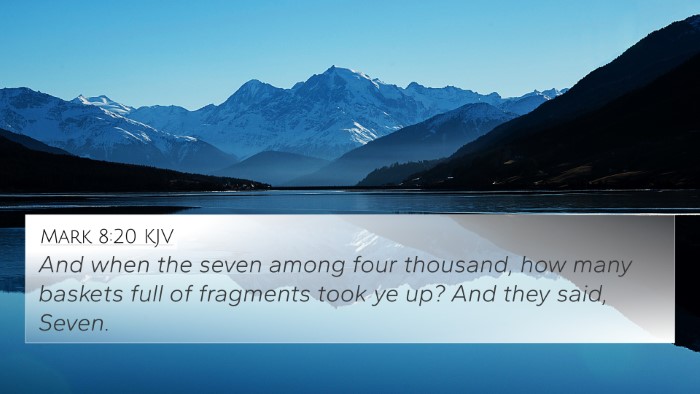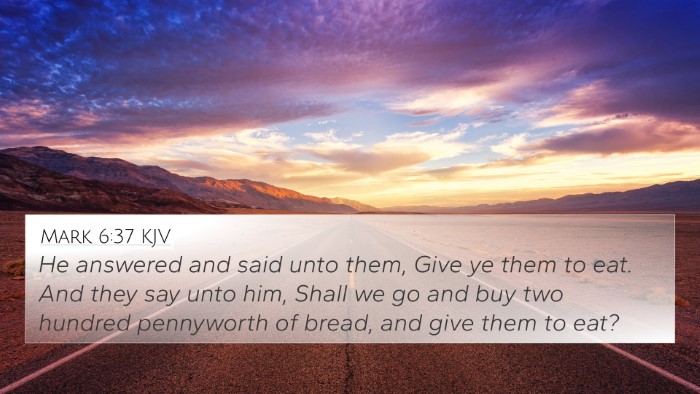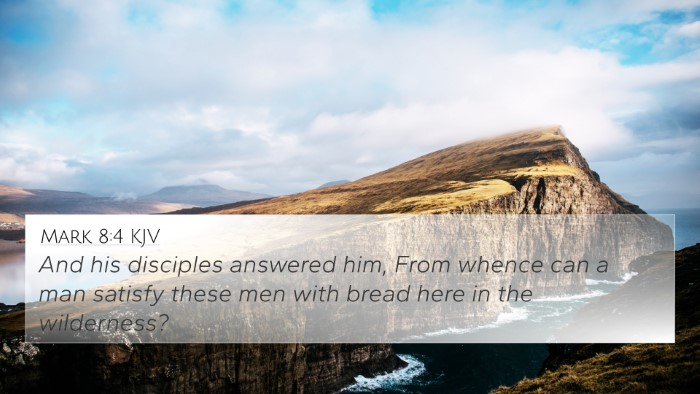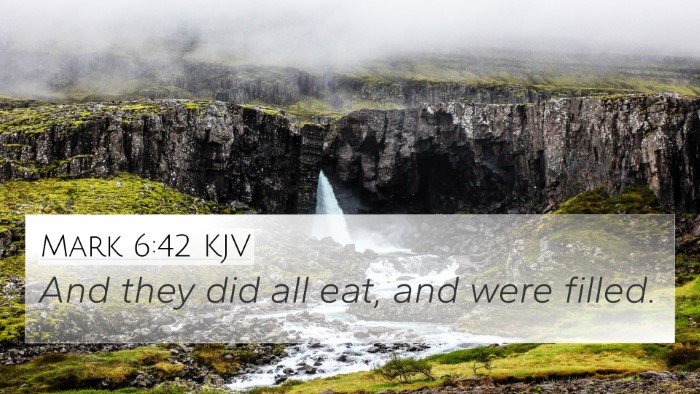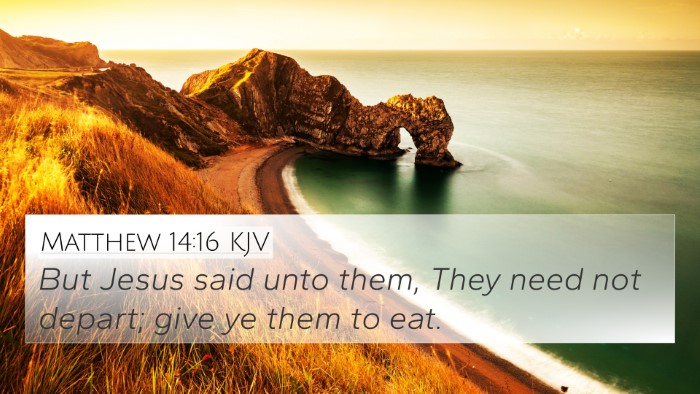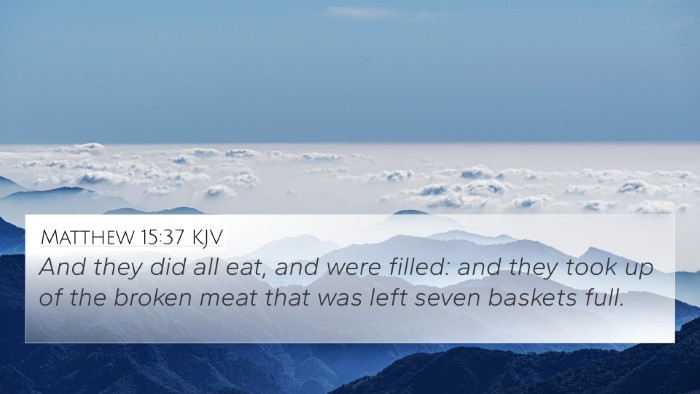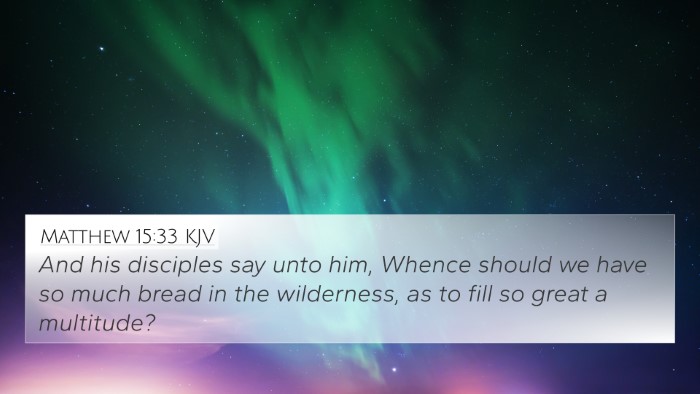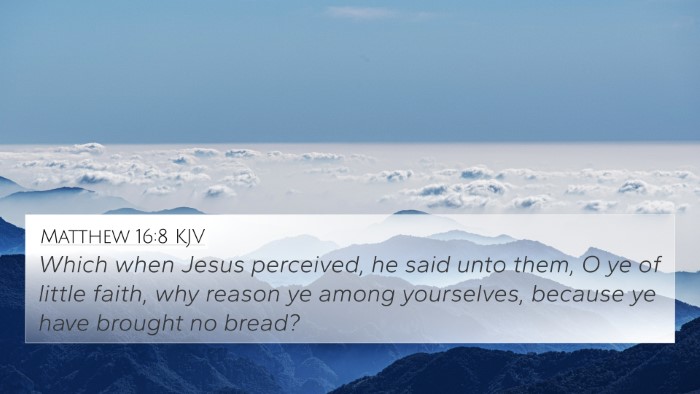Old Testament
Genesis Exodus Leviticus Numbers Deuteronomy Joshua Judges Ruth 1 Samuel 2 Samuel 1 Kings 2 Kings 1 Chronicles 2 Chronicles Ezra Nehemiah Esther Job Psalms Proverbs Ecclesiastes Song of Solomon Isaiah Jeremiah Lamentations Ezekiel Daniel Hosea Joel Amos Obadiah Jonah Micah Nahum Habakkuk Zephaniah Haggai Zechariah MalachiVerse
2 Kings 4:1 2 Kings 4:2 2 Kings 4:3 2 Kings 4:4 2 Kings 4:5 2 Kings 4:6 2 Kings 4:7 2 Kings 4:8 2 Kings 4:9 2 Kings 4:10 2 Kings 4:11 2 Kings 4:12 2 Kings 4:13 2 Kings 4:14 2 Kings 4:15 2 Kings 4:16 2 Kings 4:17 2 Kings 4:18 2 Kings 4:19 2 Kings 4:20 2 Kings 4:21 2 Kings 4:22 2 Kings 4:23 2 Kings 4:24 2 Kings 4:25 2 Kings 4:26 2 Kings 4:27 2 Kings 4:28 2 Kings 4:29 2 Kings 4:30 2 Kings 4:31 2 Kings 4:32 2 Kings 4:33 2 Kings 4:34 2 Kings 4:35 2 Kings 4:36 2 Kings 4:37 2 Kings 4:38 2 Kings 4:39 2 Kings 4:40 2 Kings 4:41 2 Kings 4:42 2 Kings 4:43 2 Kings 4:44